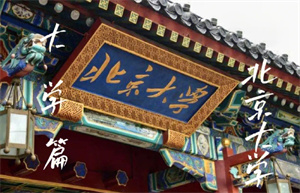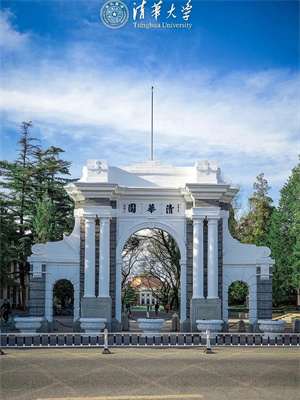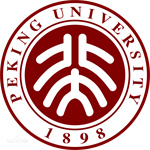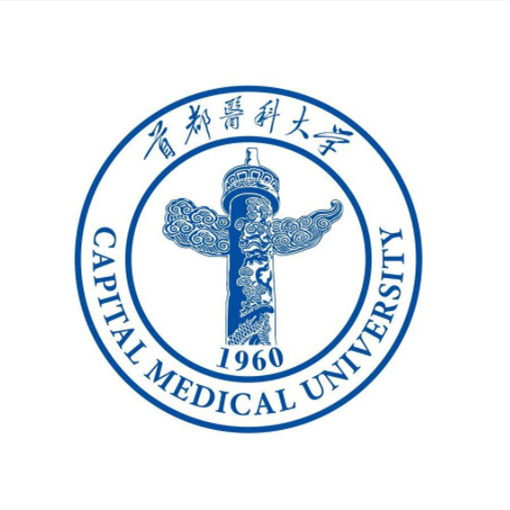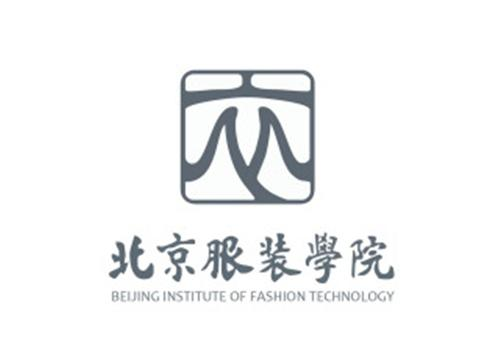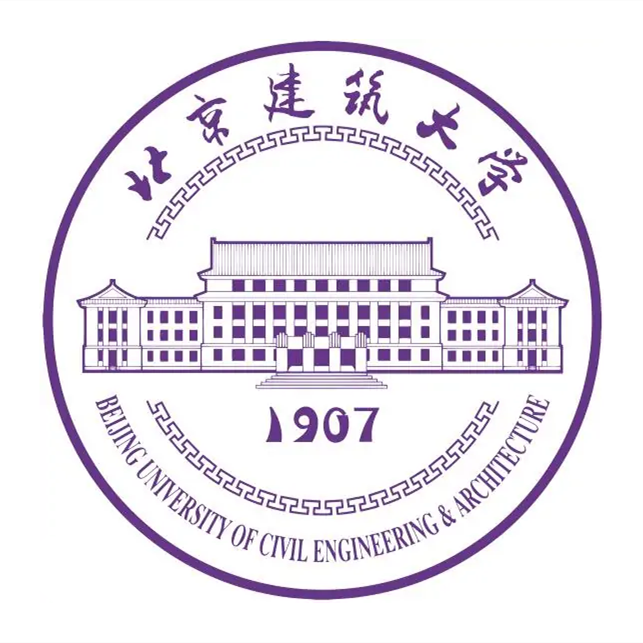Territory
China is located at the east coast of the largest continent (Eurasia) as well as the western margin of the largest ocean (Pacific). It has a land area of about 9.6 million square km, occupying 6.5 percent of the total land area of the world. From the confluence of the Heilong River and its tributary, the Wusuli River, westward to the Pamir Plateau, the distance is more than 5200 km. From midstream of the Heilong River north of Mohe, southward to Zengmu Shoal of the Nansha Islands near the equator, the distance is more than 5500 km. Its population of more than 1.3 billion accounts for approximately one-fifth of the world population...
MOREBrief introduction
Beijing, Jing for short, is the nation's political, economic, cultural and educational center as well as China's most important center for international trade and communications. Together with Xian, Luoyang, Kaifeng, Nanjing and Hangzhou, Beijing is one of the six ancient cities in China. It has been the heart and soul of politics and society throughout its long history and consequently there is an unparalleled wealth of discovery to delight and intrigue travelers as they explore Beijing's ancient past and enjoy its exciting modern development.
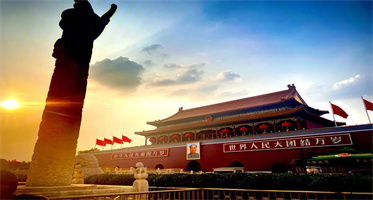
Location and population
As the capital of the People's Republic of China, Beijing is located in northern China, close to Tianjin Municipality and surrounded by Hebei Province. The city covers an area of more than 16,410 square kilometers (6336 square miles) and has a population of 14.93 million people. The average salary of Beijing citizen is 3211 yuan.
Climate
The city's climate is a rather dry, monsoon-influenced humid continental climate characterized by hot, humid summers due to the East Asian monsoon, and generally cold, windy, dry winters that reflect the influence of the vast Siberian anticyclone. January averages −3.7 °C (25.3 °F), while July averages 26.2 °C (79.2 °F). Annual precipitation is around 570 mm, and the majority of it falls in the summer months. Its best seasons are spring and autumn.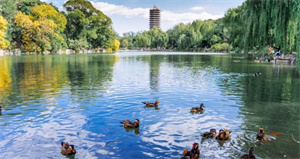
History
Beijing's long and illustrious history started some 500,000 years ago. It is here that the ancestors of modern Homo sapiens, Peking men, lived in caves. Records show that Beijing has been an inhabited city for more than three thousand years and has endured invasions by warlords and foreign powers, devastating fires, the rise and fall of powerful imperial dynasties and has emerged each time as a strong and vibrant city. For more than 800 years, Beijing was a capital city - from the Yuan Dynasty (1271 - 1368) to the Ming (1368 - 1644) and Qing (1644 - 1911) dynasties. Thirty-four emperors have lived and ruled the nation in Beijing and it has been an important trading city from its earliest days.
Transportation
With the growth of the city following economic reforms, Beijing has evolved as the most important transport hub in the People's Republic of China, and within the larger East Asian region. Encircling the city are five ring roads, nine expressways and city express routes, eleven China National Highways, several railway routes, and an international airport.
Culture and historic sites
Although now Beijing is a modern and fashionable city complete with a full 21st Century vitality, you can experience authentic Beijing life and become acquainted with 'old Beijing' by exploring its many teahouses, temple fairs, Beijing's Hutong and Courtyard and enjoy the Peking Opera. Add any or all of these to your Beijing tour and you will leave with a feeling of special appreciation in your heart for this ancient city that has truly seen it all and tells its story with matchless grace, charm and vigor.
With the biggest central square in the world - Tiananmen Square, the Forbidden City that is the largest and best-preserved imperial palace complex, a superbly preserved section of the Great Wall, as well as the largest sacrificial complex in the world - the Temple of Heaven, Beijing attracts both domestic and foreign visitors who all come to wonder at its century-old history and unique cultural relics.
Eating
Beijing cuisine is the local style of cooking in Beijing. Peking Duck is perhaps the most well-known dish. The Manhan Quanxi is a rare traditional banquet originally intended for the ethnic-Manchu emperors of the Qing Dynasty; it remains very prestigious and expensive. The Fuling Jiabing is a traditional Beijing snack food, a pancake (bing) resembling a flat disk with filling, made from fu ling (Poria cocos Wolf, or "tuckahoe"), an ingredient common in traditional Chinese medicine. Teahouses are also common in Beijing. Chinese tea comes in many varieties and some rather expensive types of Chinese tea are said to cure an ailing body extraordinarily well.
Education
Beijing is home to a great number of colleges and universities, including several well-regarded universities of international stature, such as Peking University and Tsinghua University. Owing to Beijing's status as the political and cultural capital of China, a larger proportion of tertiary-level institutions are concentrated here than in any other city in China, reaching at least 70 in number. Many international students from Japan, Korea, North America, Europe, Southeast Asia, and elsewhere come to Beijing to study every year.
